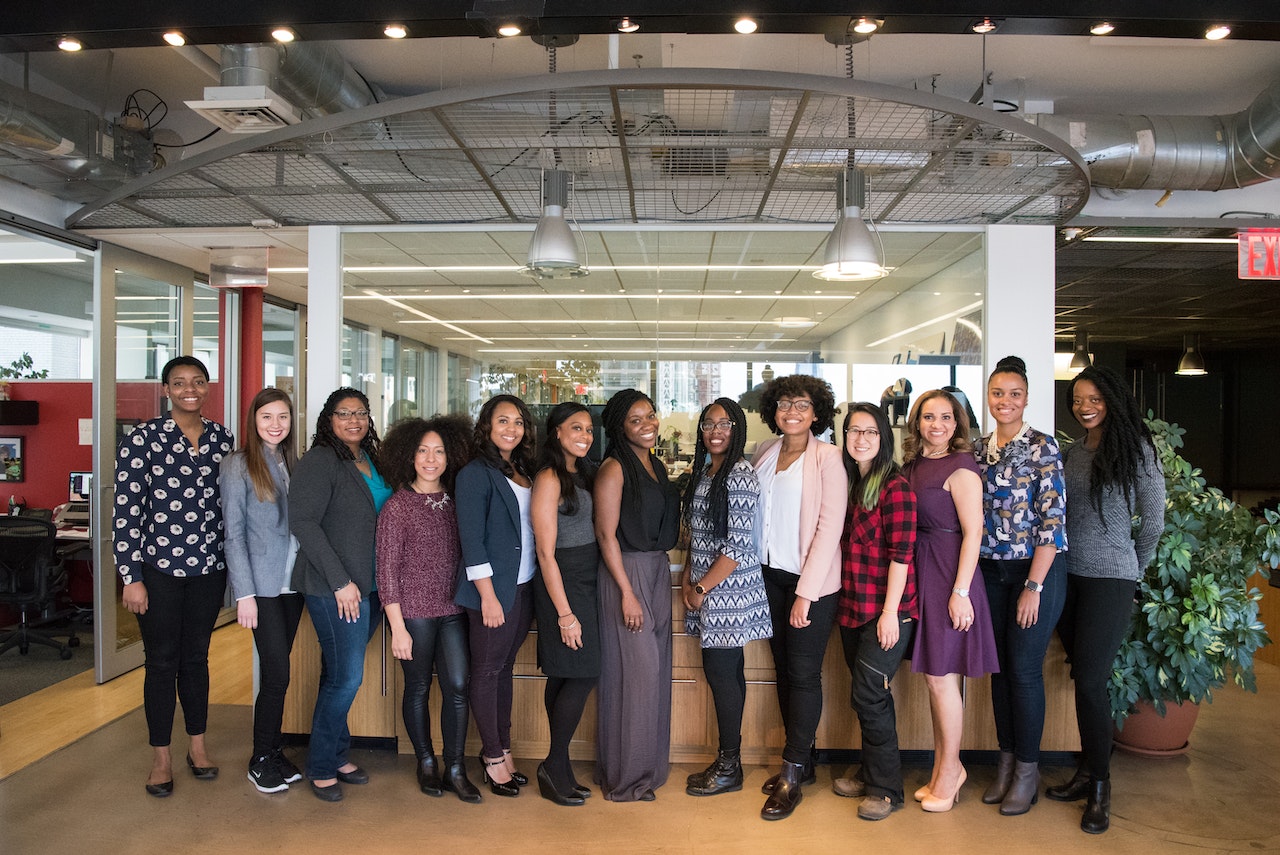Improving communication and interpersonal skills in teams
Published

Communication and interpersonal skills are critical to a team's success. A good Communication enables team members to work together effectively and achieve their goals. Improved interpersonal skills promote trust and teamwork. In this blog we will look at the basics of communication, the barriers to communication and ways to improve interpersonal skills in teams. Loud HRM , this is an important point.
Basics of communication
Communication is the exchange of information, ideas and thoughts between two or more people. There are different types of communication such as verbal and non-verbal communication. Verbal communication refers to the use of words to convey a message, while nonverbal communication refers to gestures, facial expressions, and posture.
Communication works through a sender sending a message and a receiver receiving the message. However, the message can be affected by various barriers, which are discussed in the next section.
Barriers to communication
Barriers to communication are obstacles that can affect the flow of information between the sender and receiver. These include linguistic barriers, such as different languages or dialects, as well as cultural barriers, such as different behaviors and norms.
Other barriers may be caused by technical problems, such as poor connections or interference, or by personal barriers, such as prejudice or lack of trust. To overcome these barriers, it is important to promote clear and concise communication and be sensitive to the needs and differences of team members.
Improving interpersonal skills
Interpersonal skills refer to the ability to interact effectively with other people. These include skills such as empathy, conflict resolution, teamwork and leadership. Improved interpersonal skills promote trust and cooperation within the team and thus contribute to the success of the team.
Various measures can be taken to improve interpersonal skills. This includes training and workshops aimed at developing skills such as empathy, conflict resolution and teamwork. Also promoting an open Communication and a positive work environment can help improve interpersonal skills.
Improving interpersonal skills takes time, commitment, and intentional training. Here are some steps and tips that can help you:
- Self-reflection: A good starting point is self-reflection. Analyze your strengths and weaknesses in relation to interpersonal skills. Be honest with yourself and identify areas in which you would like to improve.
- Develop empathy: Empathy is the ability to empathize with other people's feelings and perspectives. Try to see the world from other people's perspectives and understand what they might be feeling and thinking.
- Active Listening: Learn to actively listen when others are speaking. Give them your full attention, do not interrupt them and ask questions to better understand what they are saying.
- Improve communication: Work on your verbal and non-verbal communication skills. Pay attention to your body language, tone of voice, and word choice to promote clear and respectful communication.
- Conflict resolution: Learn to approach conflicts constructively. Look for win-win solutions and avoid assigning blame. Conflict also provides an opportunity to strengthen relationships when properly addressed.
- Teamwork: Engage in group activities, be it work, social groups or leisure activities. Teamwork can help develop your ability to collaborate and compromise.
- Social competence train: Use social interactions to improve your social skills. Practice small talk, be open to new contacts and learn to feel comfortable in different social situations.
- Build self-confidence: Healthy self-confidence helps you interact better with others. Work on your confidence by recognizing your strengths and working on your weaknesses.
- Accept criticism: Be open to constructive criticism and learn from it. An open attitude to feedback can help you develop and improve interpersonal relationships.
- Empowerment and respect: Work to ensure that others also feel respected and valued. Enable others to develop their full potential and support them in achieving their goals.
- Use books and resources: There are numerous books, courses, and online resources that can help you improve your interpersonal skills. Use these opportunities to learn more about effective communication, empathy and social skills.
- Practice, practice, practice: Ultimately, it all comes down to practice. Take advantage of every opportunity to practice and develop your interpersonal skills.
Remember that interpersonal skills are a lifelong learning process. Be patient with yourself and celebrate small progress toward better connection with other people.
Tips for better communication and collaboration in a team

Harmony is important / Source: pexels.com
To promote better communication and collaboration within the team, the following tips can be helpful:
- Use clear and precise language to avoid misunderstandings.
- Listen actively and make sure you understand the sender's message.
- Avoid prejudice and be sensitive to the needs and differences of team members.
- Resolve conflicts early and look for common solutions.
- Promote open communication and create a positive work environment.
Conclusion
Good communication and interpersonal skills are crucial to a team's success. By overcoming barriers to communication and improving interpersonal skills, teams can work together more effectively and achieve their goals. There are several measures that can be taken to improve communication and interpersonal skills. By implementing the tips for better communication and team collaboration, teams can improve their performance and be successful.








